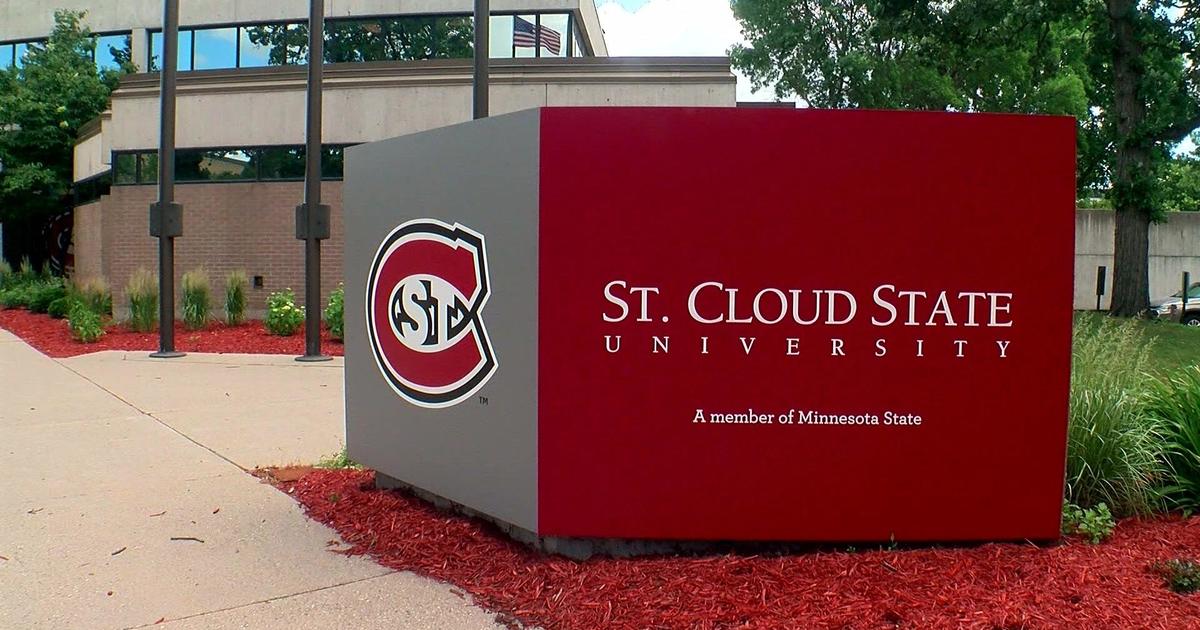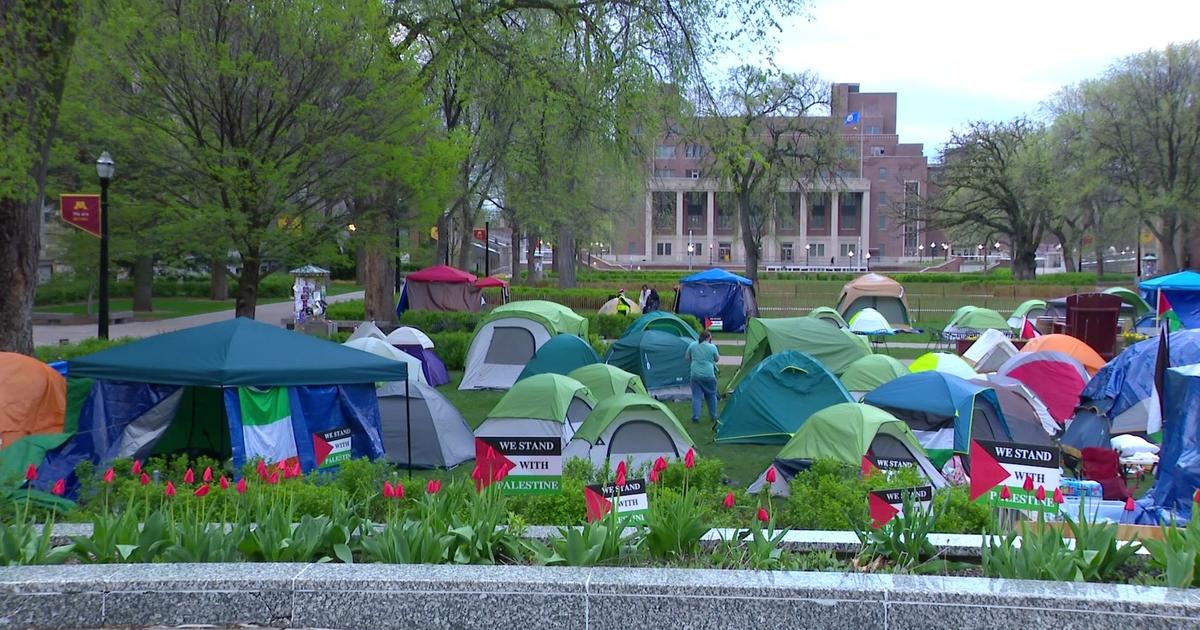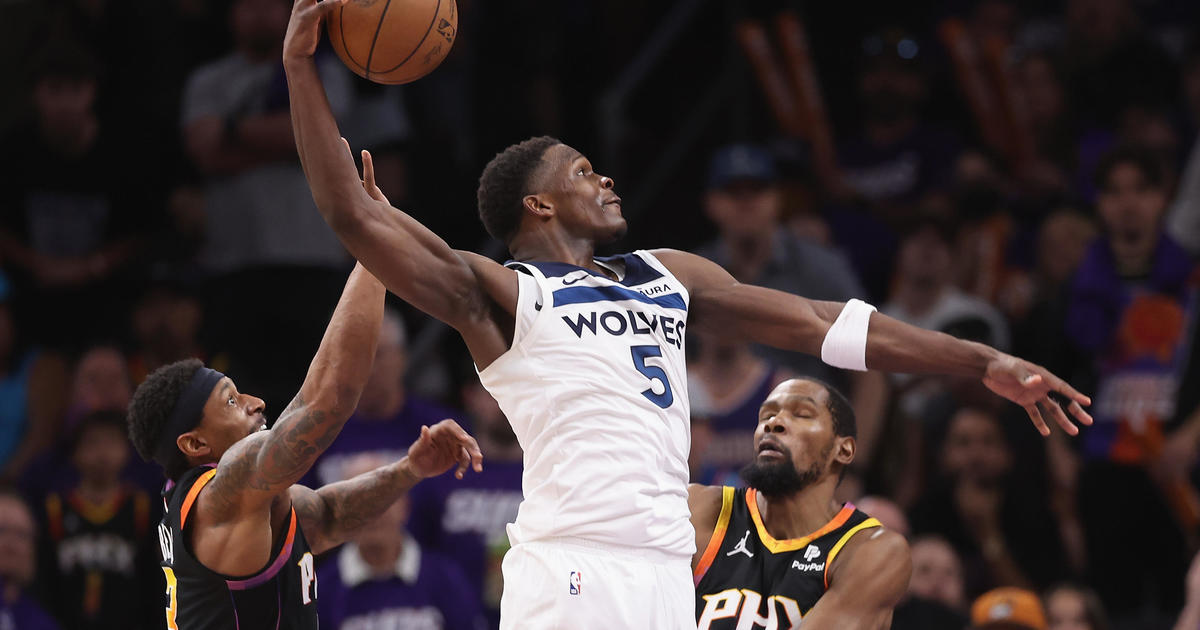WCCO Investigation: Report Card On COVID-Era Distance Learning Shows More Students Failing To Make The Grade
MINNEAPOLIS (WCCO) -- We are getting a better idea of how some Minnesota students did distance learning. A WCCO Investigation reveals a COVID-19 report card showing a greater number of students failing to make the grade.
After two school years filled with historic challenges and changes from a pandemic, we wanted to know what it meant for student grades across Minnesota. From Minneapolis to Marshall, South Washington County Schools to Worthington, more than a dozen districts handed us their transcripts from the last three school years, with the goal of gauging student performance in grades 6 through 12.
In Minneapolis, there was a dramatic drop in the number of F's in the last two years and a common theme we found statewide -- the credit/no credit system used as a way to protect students' GPAs.
The number of no credits climbed in Minneapolis middle schools nearly 20 times from 2018 to the last academic year. At Minneapolis' 35 high schools, the number quadrupled.
The slide was also documented in St. Paul. More than 80% of the district's students were passing in 2018-2019. That dropped to more than 60% in pandemic years -- again, with large numbers of students (about one-third) receiving no credit for courses.
As superintendent of Minnesota's largest school district, David Law helped break down Anoka-Hennepin's results.
"I would never design a school year like last year," Law said.
In that district, almost twice the number of students failed a class last school year than did in a typical year, and nearly a quarter of the district's students received an F, or a no-grade, not passing.
"The percentage of kids in distance learning that failed was significantly higher than the kids in hybrid learning," Law said.
Perhaps the biggest takeaways from Anoka-Hennepin has been the preference of in-person instruction and the importance of school relationships based on student feedback.
"Distance learning was great for flexibility and pacing, but it wasn't the rigor that I needed to know to grow and know," Law said. "This is what happened. We're not proud of it. We didn't pick it. But, we're committed to fixing it."
WCCO found students also struggled in smaller school districts. In Duluth, we found more D's. The number of F's went drastically down and into the pass category.
However, Brainerd gave more than four times the amount of F's to their middle school students than it did in previous years.
In Marshall, twice as many students received D's and F's in grades 9 and 12.
In Worthington, we found four times the number of pass marks given this last school year and large numbers of no credits.
WCCO took these findings to Minnesota's Education Commissioner, Dr. Heather Mueller.
"I know we've had a number of conversations with school leaders that have seen the distance learning model for some students be incredibly difficult," she said.
Mueller stands by the decision to allow districts to use the pass/no pass system through the pandemic. Where flexibility and equity became top priorities as part of the department's do-no-harm philosophy.
"I think that do-no-harm is really about recognizing in the midst of that transition were also places we had families and communities seeing job loss, seeing people who were out of work, recognizing there were a lot of stresses beyond educating our students," she said.
Included in that was internet access and other technical troubles that the state believes held students back. But even in wealthier districts, WCCO spotted changes. Edina's D's dropped from 2,400 to 59 and F's from 663 to 40 during the last school year, as pass marks multiplied.
In Wayzata, the number of failing marks in middle school more than doubled from 2.6 to 7%
Still, Mueller points to state dollars spent this summer that she says will help kids catch up.
"I am confident in our students, in our families, and in school leaders and teachers in the classroom. I believe wholeheartedly," Mueller said.
Attention now shifts to a new year with new results.
"We know that it's not easy. We had hoped this would be a more typical year than it's looking it may start as. But we have a blueprint, which is in a very different place than we started last time," Mueller said.
------
Click below to see the full information from each of the school districts Liz reported on:



